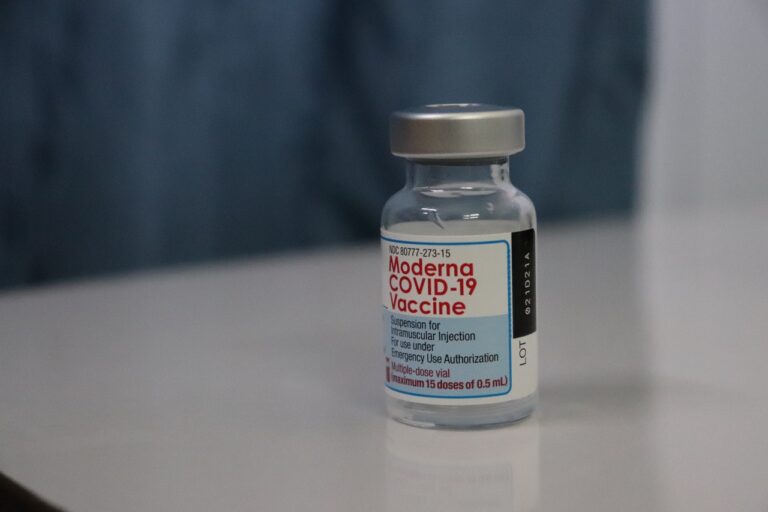The Link Between Rheumatoid Arthritis and Cardiovascular Disease: Laser book 247 login password, Lotus299, 11xplay pro
laser book 247 login password, lotus299, 11xplay pro: Rheumatoid arthritis (RA) is an autoimmune disorder that primarily affects the joints, causing pain, swelling, stiffness, and deformity. It is well known that RA can lead to joint damage and disability if left untreated. However, recent research has shown a strong link between RA and cardiovascular disease, highlighting the importance of managing both conditions simultaneously.
The connection between RA and cardiovascular disease is not yet fully understood, but several factors have been identified as potential contributors to the increased risk. Chronic inflammation, a hallmark of RA, is thought to play a significant role in the development of cardiovascular disease. Inflammation can lead to the formation of plaques in the arteries, which can restrict blood flow and increase the risk of heart attacks and strokes.
Furthermore, some RA medications, such as corticosteroids, NSAIDs, and DMARDs, have been linked to an increased risk of cardiovascular events. These medications can affect blood pressure, cholesterol levels, and increase the risk of blood clots, all of which are risk factors for cardiovascular disease.
In addition, people with RA are more likely to have other cardiovascular risk factors, such as obesity, smoking, and a sedentary lifestyle. These factors can further contribute to the increased risk of heart disease in individuals with RA.
Managing RA and cardiovascular disease together is essential for preventing complications and improving overall health. It is crucial for individuals with RA to work closely with their healthcare providers to develop a comprehensive treatment plan that addresses both conditions. This may include a combination of medications, lifestyle modifications, and regular monitoring of cardiovascular risk factors.
Regular physical activity is particularly important for individuals with RA, as it can help reduce inflammation, improve cardiovascular health, and maintain mobility and flexibility. It is essential to choose low-impact activities that are gentle on the joints, such as swimming, cycling, or yoga.
Diet also plays a crucial role in managing both RA and cardiovascular disease. A healthy diet rich in fruits, vegetables, whole grains, and lean proteins can help reduce inflammation and improve heart health. Limiting processed foods, saturated fats, and sugary beverages is also important for managing both conditions.
If you have RA, it is essential to prioritize regular check-ups with your healthcare provider to monitor your joint health, cardiovascular risk factors, and overall well-being. Be sure to communicate any new symptoms or concerns, as early intervention is key to preventing complications.
In conclusion, the link between rheumatoid arthritis and cardiovascular disease is significant and underscores the importance of managing both conditions together. By addressing inflammation, maintaining a healthy lifestyle, and working closely with your healthcare team, you can reduce the risk of heart disease and improve your overall quality of life.
FAQs:
1. Can rheumatoid arthritis cause heart problems?
Yes, rheumatoid arthritis is associated with an increased risk of cardiovascular disease, including heart attacks and strokes.
2. How can I reduce my risk of heart disease with RA?
You can reduce your risk of heart disease by managing inflammation, maintaining a healthy lifestyle, and working closely with your healthcare provider to monitor your cardiovascular risk factors.
3. Are there specific medications for RA that can help reduce the risk of heart disease?
Some RA medications, such as methotrexate, have been shown to have cardiovascular benefits. However, it is essential to discuss your treatment options with your healthcare provider.
4. Is it safe to exercise with RA if I have heart disease?
It is generally safe to exercise with RA and heart disease, but it is essential to consult with your healthcare provider before starting any new exercise regimen. They can help you choose activities that are safe and appropriate for your condition.
5. What should I eat to support both my RA and heart health?
A diet rich in fruits, vegetables, whole grains, and lean proteins is beneficial for both RA and heart health. Limiting processed foods, saturated fats, and sugary beverages can also help reduce inflammation and improve heart health.







